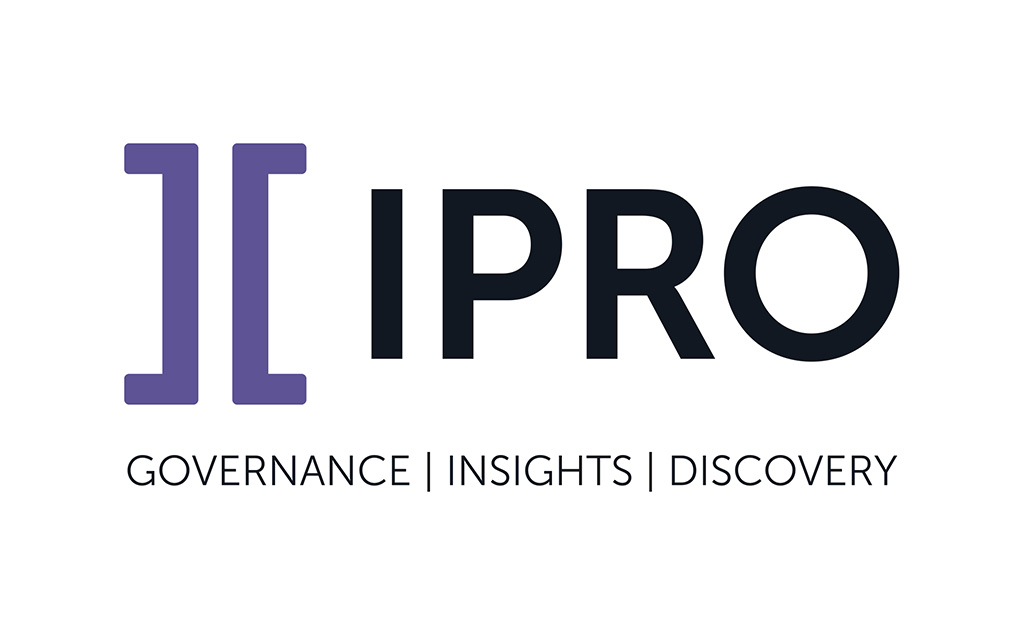
A survey completed by IPRO Tech shows 67% believe attorneys will continue to view Technology Assisted Review (TAR) with skepticism in 2015. The survey, conducted by IPRO at the 2015 LegalTech New York conference, included just under 100 trade show participants.
The question is why, after years of TAR being in the public eye, being accepted in courts, and being used by high-profile legal teams, are the majority of lawyers still skeptical about the technology? According to U.S. District Court Magistrate Judge Elizabeth Laporte, the answer is because lawyers are historically late adopters when it comes to technology.
Just a decade ago people were asking the same question about scanning technology as lawyers refused to let go of their warehouses full of documents. Today, just like when scanning technology finally gained mass acceptance, the key to integration of TAR technology is a more thorough education by both the lawyers themselves and the TAR software developers to alleviate the most common fears.
Fear #1 – Lack of Transparency: It is human nature to be skeptical of something you don’t understand. As EDRM’s George Socha said during a tweet chat at LegalTech, lawyers that are not traditionally educated in computer programming, advanced mathematics or coding will feel intimidated by the power and capabilities of TAR.
Sarai Guerra, IPRO’s VP of IPRO Client Services, says that many legal experts are skeptical because they don’t know how it works, even though it works similar to popular and accepted technologies like Pandora or Amazon.
“The more they see it and the more that it works, they will be comfortable enough to trust it,” said Guerra. She added, “TAR is a challenge for attorneys. We need to tell a story that can hold up when others try to take it apart.” Guerra believes that as lawyers learn about TAR advances, read more about its uses and benefits, and see it being used in publicized cases, they’ll gain more of an understanding of the technology while becoming more comfortable with it.
What’s interesting is despite the lack of transparency, data collected and reviewed using TAR is actually widely accepted in courtroom proceedings and case studies have shown that TAR saves time and money. The United States Department of Justice has a set of TAR guidelines in place, which shows that the technology is not as “unknown” as many lawyers fear.
Fear #2 – Too Difficult to Use: One of the biggest hurdles for technology adoption in any industry is the learning curve. Recent examples include hybrid cars and smartphones. Despite both of those technologies having obvious benefits for consumers, it took time to gain acceptance because initial designs were clunky and features weren’t always easy to use. As the technology evolved into a simpler automation with user-friendly features, acceptance and use skyrocketed.
TAR technology is going through a similar curve. While it is the responsibility of lawyers to dip their toes into understanding TAR software, it’s on the shoulders of the developers to design simple interfaces and process flow automation that every lawyer can not just understand, but use on day one.
Fear #3 – Too Expensive: Cost has always been and will always be a concern for lawyers and clients. However, several case studies have proven conclusively that even when factoring the costs of collection and storage, TAR is abundantly able to reduce costs by doing review faster and with fewer people. This conclusion is backed up by the American Bar Association writing:
While some lawyers still think that linear (i.e. manual) review is the gold standard, “statistics clearly show that computerized searches are at least as accurate, if not more so, than manual review.” Moreover, Grossman-Cormack’s seminal article noted that “technology-assisted reviews require, on average, human review of only 1.9% of the documents, a fifty-fold savings over manual review,” thus establishing significant cost savings with TAR over manual review.
While the burden is on lawyers to recognize the cost savings in TAR, it’s also on software providers to make their products affordable for wider adoption; whether that’s by including analytics at no additional cost or by including more automated workflows that reduce review time.
Fear #4 – Unable to Defend Technology in Court: Lawyers are instinctively conservative towards technology because they want to avoid anything that might pose a problem in court. Since all lawyers have experience and success with human review procedures, they are reluctant to update methods out of fears it will harm a client’s case. However, back in 2011 the judicial system gave lawyers the green light to utilize TAR technology, with Judge Andrew Peck writing:
“What the Bar should take away from this Opinion is that computer assisted review is an available tool and should be seriously considered for use in large-data-volume cases where it may save the producing party (or both parties) significant amounts of legal fees in document review. Counsel no longer have to worry about being the “first” or “guinea pig” for judicial acceptance of computer-assisted review. Computer-assisted review now can be considered judicially-approved for use in appropriate cases.”
Granted not all litigators are as technologically fluent as Judge Peck, but his ruling and countless cases have proven TAR both efficient and defensible in court. It doesn’t stop in the courtroom either. Legal technology companies have the obligation to produce software that prioritizes, predicts and reports the methodology of responsive documents with the click of a mouse, so attorneys can focus on building their case strategy, not how the technology works or its defensibility. Lawyers won’t fully accept TAR software unless that duty is met.
Conclusion
TAR skepticism will continue to be a factor for 2015 and likely years to come due to the industry’s history of slow acceptance in technology and reluctance to replace proven, but outdated, methods. As judges, lawyers and software developers continue to educate the industry about the advantages of TAR and dispel myths about TAR usage, the skepticism will lessen, just as it did before with scanning technology.
To learn more about Eclipse and it’s TAR capabilities, visit IPRO’s website or call (877) 324-4776.

